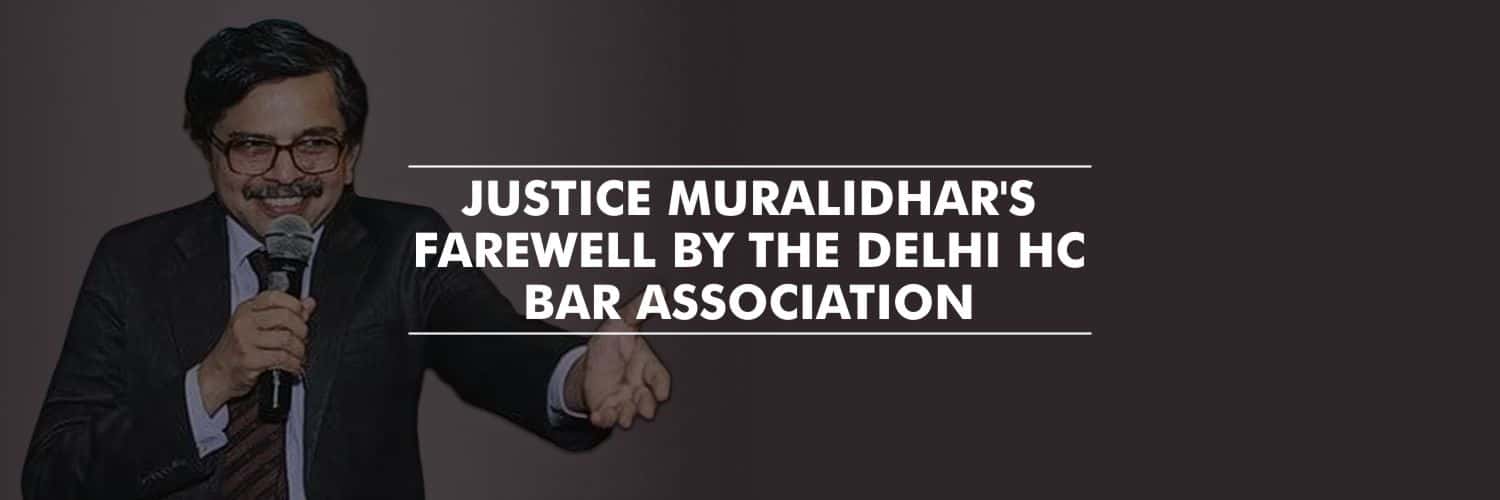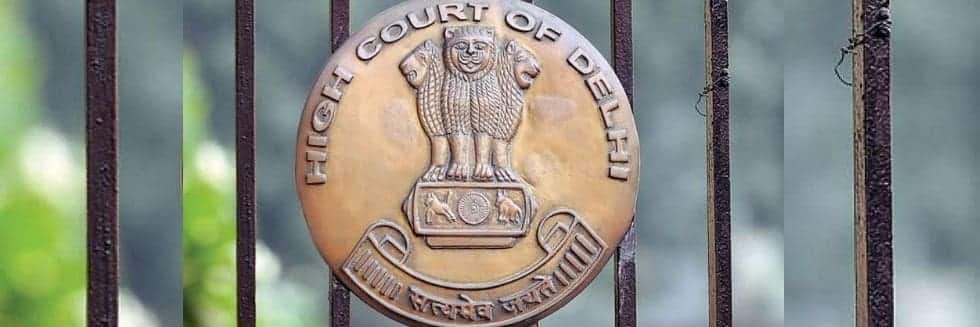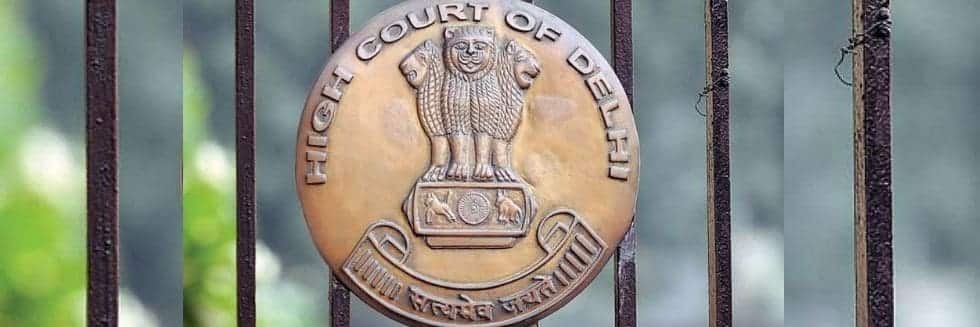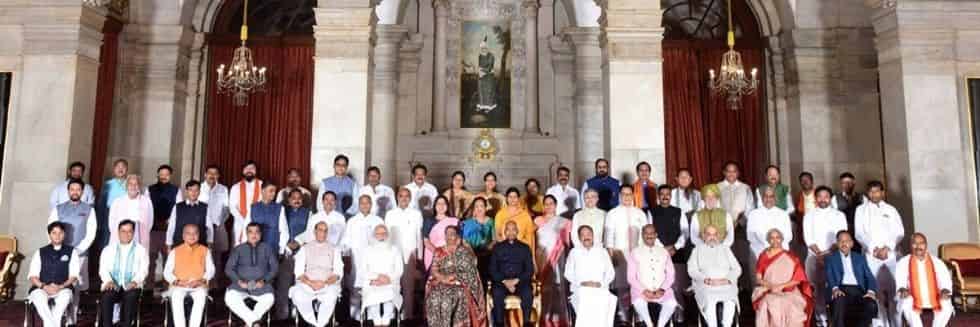Justice S Muralidhar has on Thursday, cleared the controversy on his transfer from the Delhi High Court to Punjab and Haryana High Court, stating that he was fine with the proposal and had no objection to it. On 5 March, the Delhi High Court’s bar association and several legal luminaries, gave a moving farewell to Justice Muralidhar, in the atrium of the Delhi High Court building. Speakers had praised him while comparing him to Kohinoor diamond, for the rare deftness with which he handled various issues.
“The Kohinoor of the high court will be going a few 100 km away,” stated secretary, Abhijat.
Earlier, on 12 February, the Supreme Court Collegium decided his transfer from Delhi High Court to the Punjab and Haryana High Court. This came as a shock to everyone at the HC Bar Association, who later expressed it as a “shock, dismay and outrage”, saying Justice Muralidhar was “one of the finest judges to have adorned the Bench.”
As per reports, when his transfer orders were first made public on 19 February, the Delhi High Court Bar Association expressed shock and had condemned the recommendation of transfer ‘unequivocally.’ Further, on 20 February, lawyers in the High Court had also abstained from work for one day in protest against Justice Muralidhar’s transfer.
A 58-year-old association with the bar and bench in New Delhi, Justice Muralidhar began his practice in Chennai in 1984. He then shifted to Delhi in 1987 and continued his practice. Subsequently, he was elevated as a judge of Delhi High Court in May 2006 and has been in the post, since then.
Being the judge at Delhi High Court, Justice Muralidhar gave various landmark judgments which include convicting the members of Uttar Pradesh Provincial Armed Constabulary (PAC) in the Hashimpura massacre case and Congress leader Sajjan Kumar in the 1984 anti-Sikh riots case. He was also a part of the Delhi High Court bench that first legalized LGBTQ sex in the 2009 Naz Foundation case, by striking down section 377 of the Indian Penal Code. Further, in the midnight hearing of 26 February, the bench comprising of Justices S Muralidhar and Anup J Bhambhani directed the police to ensure safe passage for those injured in the communal violence which erupted in northeast Delhi over the Citizenship Amendment Act, to government hospitals and provide them with emergency treatment with better facilities.
On the same day, Justice Muralidhar had pulled up the Delhi police and Solicitor General Tushar Mehta for not following the Lalita Kumari guidelines on registering FIRs, even though complaints were brought to their notice about the inflammatory speeches made by BJP leaders Kapil Mishra, Anurag Thakur, Parvesh Varma, and others. Later that same day, the government issued the transfer order to Justice Muralidhar as referred by the Supreme Court collegium. The timing of the transfer order was questioned by many media channels as well as lawyers.
“We are losing a most eminent judge who can discuss any topic of law and decide any type of matter,” stated Chief Justice D N Patel during the farewell speech on 5 March.
Justice Muralidhar is known for his bold pronouncements on communal violence and personal liberty.
“When justice has to triumph, it will triumph. Be with the truth, justice will be done,” Justice Muralidhar said during his farewell speech.






